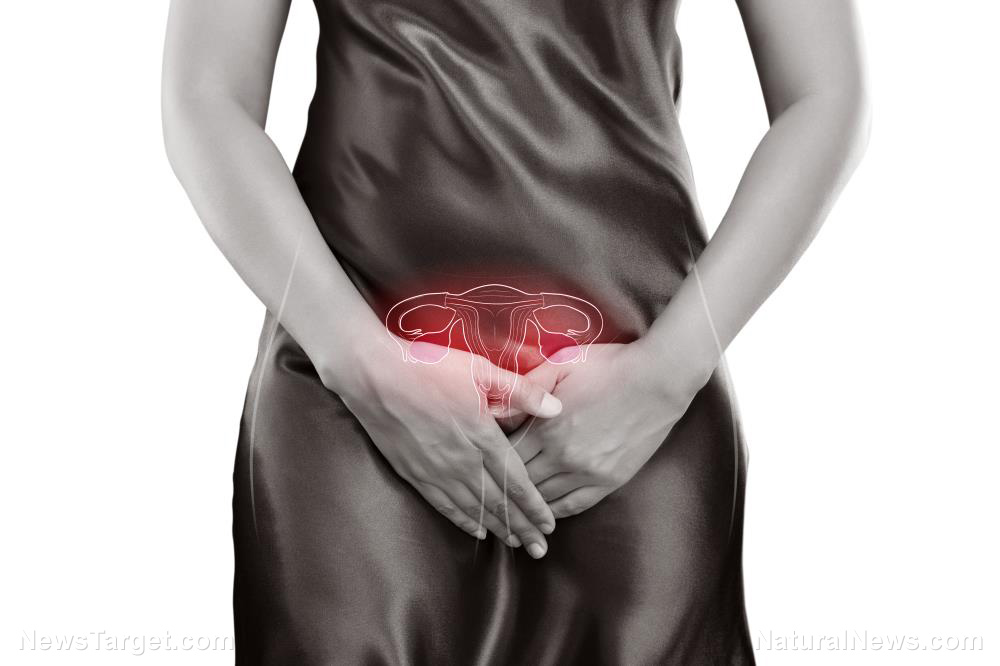Improve your gut health to avoid mental disorders
04/22/2019 / By Edsel Cook

Gut bacteria might hold the key to alleviating anxiety, depression, and possibly even post-traumatic stress disorder. The latest research suggests that the health of the gut exerts a considerable effect on the brain and mood of a person.
Conducted by McMaster University researchers in Ontario, Canada, the study investigated the potential influence of the gut microbiome on mental health. They found that there is a connection between gut health and how the body reacts to very anxious scenarios.
The intestinal tract contains trillions of microorganisms that live together. The tiny members of this microbiome perform important jobs in maintaining the health of the bowel and the overall wellness of the body.
The gut microbiome helps break down tough food into usable energy. It also manages the responses of the immune system. The population levels and activity of various bacteria affect other parts of the body.
In their study, the researchers learned that the gut microbiome is also involved in transmitting signals to the brain. These messages can exert effects on mood and behavior. (Related: Our diet is killing us: The modern diet is harmful to gut flora, can lower immune function.)
Severe stress reduces the diversity of gut bacteria populations
At the university’s Brain-Body Institute, the McMaster researchers ran an animal model of how gut health affected mood and demeanor. The simulation showed that they could regulate the mood of high-anxiety mice by giving them good gut bacteria from the droppings of healthy animals.
Anxiety and stress were triggered in small mice by putting them in the same cage as bigger and more aggressive mice for several minutes each day. Some of the symptoms of stress displayed by the high-anxiety mice included reduced appetite, greater reluctance to interact with other mice, and bouts of nervous twitching.
The researchers evaluated the bacteria in fecal samples from both stressed and non-stressed mice. They spotted a considerable imbalance in the gut microbiota of the high-anxiety mice. There were also fewer different strains of bacteria in the feces and guts of the stressed animals.
In the next part of the experiment, the researchers took probiotics from the calm mice and fed the good bacteria to the stressed mice. The high-anxiety mice demonstrated improvements in their behavior for the next few weeks.
The mice also underwent magnetic resonance spectroscopy (MRS) to determine their brain chemistry. The researchers looked for particular biochemical markers that appeared in the brain of the mice when they were undergoing stress and when they were being treated with probiotics.
Probiotics could help treat or prevent severe mental disorders like PTSD
Based on their findings, the McMaster researchers identified the brain biomarkers connected to stress in mice. Detecting the presence and levels of human equivalents to these biomarkers could determine whether or not a person is at risk of developing a mental disorder or is already afflicted with such.
If a mental disorder can be identified in its early stages, the patient could be treated with the appropriate probiotics. The disorder could be alleviated or even prevented in its entirety, which would be a boon for patients suffering from post-traumatic stress disorder.
The researchers are planning to expand on their discovery by transferring fecal samples from calm mice to high-anxiety mice. They want to determine if bolstering the gut microbiome of stressed animals via probiotics could improve their mental health and well-being.
A future clinical study with human participants would involve the use of antibiotics to reduce gut bacteria population and probiotics to improve diversity. Furthermore, the researchers might want to identify specific strains of bacteria that promote certain physical and mental improvements.
Sources include:
Tagged Under: alternative medicine, Anxiety, brain function, depression, gut bacteria, gut health, gut microbiome, mental health, mind body science, natural cures, natural medicine, post-traumatic stress syndrome, prevention, probiotics, PTSD, remedies, research, stress



















